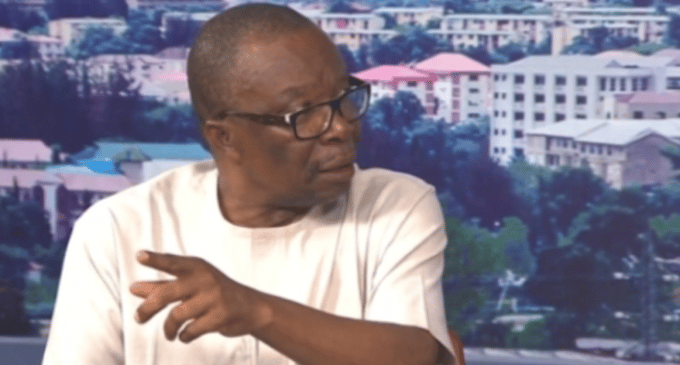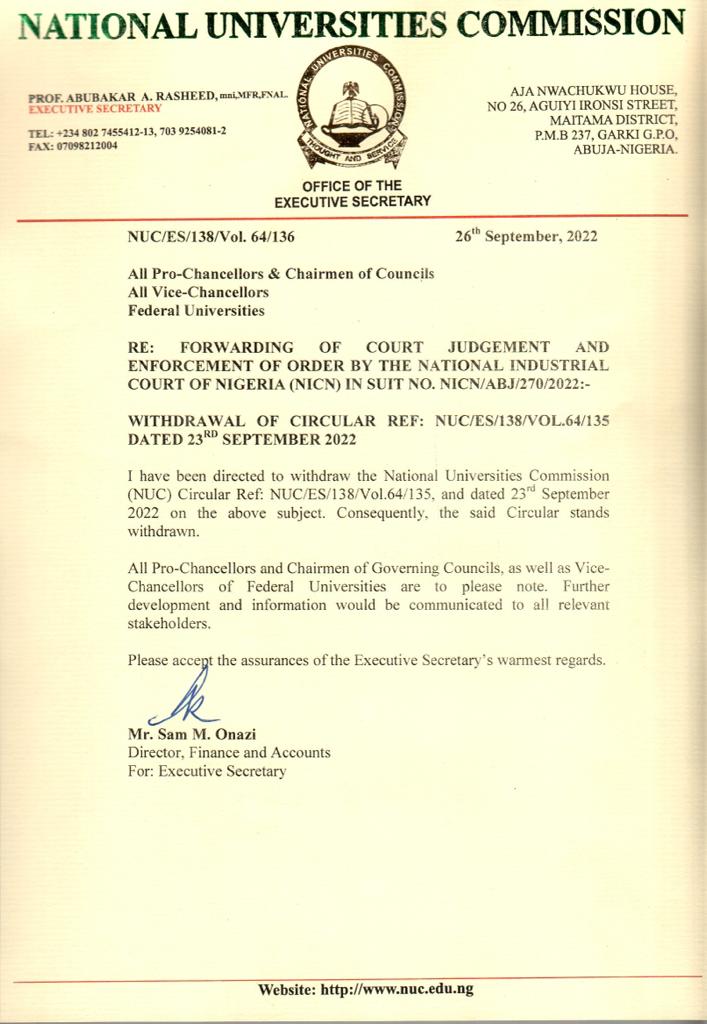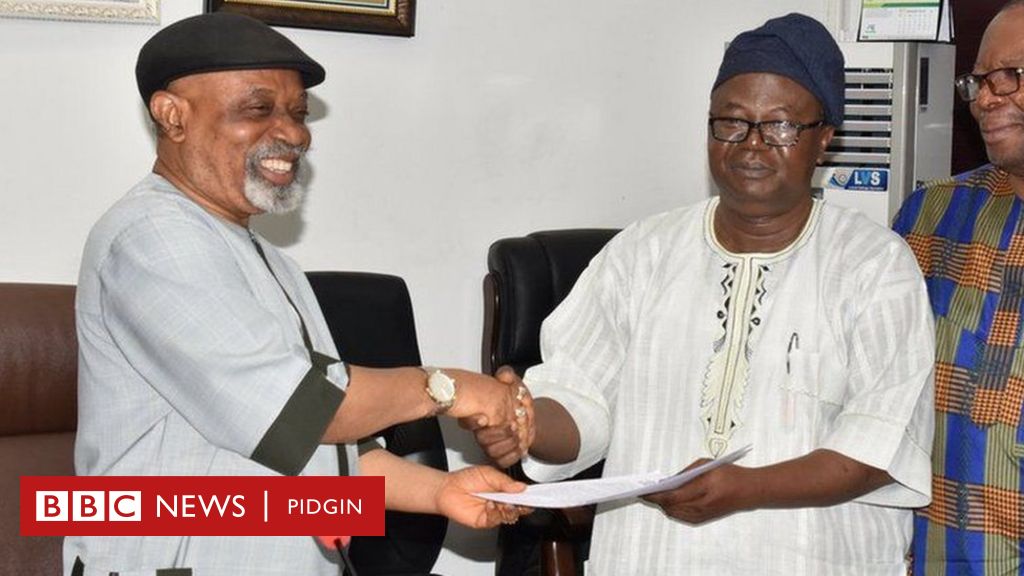ASUU Urges Federal Government To Stop Interfering In University VC Appointments

ASUU Stands Firm Against Federal Government's Role in University Leadership
The Academic Staff Union of Universities (ASUU) has raised concerns about the federal government's direct involvement in appointing Vice Chancellors (VCs) for public universities across Nigeria. The union insists that this responsibility should rest squarely on the shoulders of the governing councils of each institution. This issue is not just about protocol; it's about ensuring that universities operate autonomously and with integrity, free from political meddling.
In a recent statement, ASUU President, Professor Emmanuel Osodeke, highlighted the dangers of political interference in the selection process of university leaders. According to him, the current approach undermines the principles of merit and fairness. Instead of fostering a culture of excellence, the government's involvement often creates unnecessary tension and controversy in academic circles.
How the Process Should Work
Professor Osodeke outlined the legal framework for appointing a Vice Chancellor in Nigerian public universities. He emphasized that the governing council of each institution is the rightful authority responsible for this crucial decision. Here's how the process should unfold:
Read also:Celebrity Faces Without Makeup A Candid Look
When a vacancy arises for the position of Vice Chancellor, the governing council convenes a selection committee. This committee is typically composed of members from the university's Senate and Council. The selection process involves interviewing shortlisted candidates, often in multiple stages, to narrow down the field to three finalists. These candidates are then presented to the broader council for further evaluation.
The council meticulously reviews the entire selection process, assessing each candidate against the established criteria. While the council has the authority to choose any of the three finalists, it's not obligated to select the candidate with the highest marks. If there's disagreement, the decision is resolved through voting, and the candidate with the most votes is declared the new Vice Chancellor. At this point, the council forwards the chosen candidate's name to the President of Nigeria, who acts as the university's visitor, for ratification through the Minister of Education.
Professor Osodeke stressed that the council must provide clear and compelling reasons if they decide to bypass the top-ranked candidate. This transparency ensures accountability and fairness in the selection process.
A Call for Government Non-Interference
Based on this detailed explanation, Professor Osodeke urged the federal government to refrain from interfering in the appointment of Vice Chancellors. He expressed frustration over recent incidents, such as the case involving Admiralty University of Nigeria, where external political influences have tainted the selection process. He argued that the current system allows for undue pressure from the government or the Ministry of Education to favor specific candidates, which is contrary to the law.
Professor Osodeke emphasized, "If the system is allowed to function as intended, these issues wouldn't arise. That's why I urge the government to step back and allow the governing councils to fulfill their roles without interference. This will ensure that the appointment process remains fair, transparent, and merit-based."
Addressing Grievances Through the Legal System
In addition to advocating for non-interference, Professor Osodeke also addressed the issue of grievance resolution. He explained that any individual dissatisfied with the selection process has the right to seek redress through the courts. This approach ensures transparency and upholds the principles of fairness.
Read also:Basketball Legends Turned Hollywood Stars A Closer Look
He pointed out that courts, especially the Supreme Court, have the authority to overturn a council's decision if it's deemed unfair or unjust. Neither the Ministry of Education nor the Presidency has the constitutional power to impose a candidate on the council. Professor Osodeke criticized the practice of running to the President or Minister to resolve appointment disputes, labeling it as outdated and inappropriate.
He drew a parallel with political elections in Nigeria, where candidates often turn to the courts when they feel cheated. He argued that the same legal framework should apply to the appointment of Vice Chancellors. "Candidates in political elections trust the court system to resolve disputes, and the court's rulings are final, especially if they come from the Supreme Court. The same principle should apply to the appointment of university leaders," Professor Osodeke concluded.
Breaking: Annie Drops 'Idibia' From Her Name Amidst 2Baba Marriage Split
Suleiman Nazif Quits PDP, Joins SDP: A Bold Move For Change
Unpacking The $5,000 Payments To Nigerian Lawmakers Amidst Rivers State Crisis


